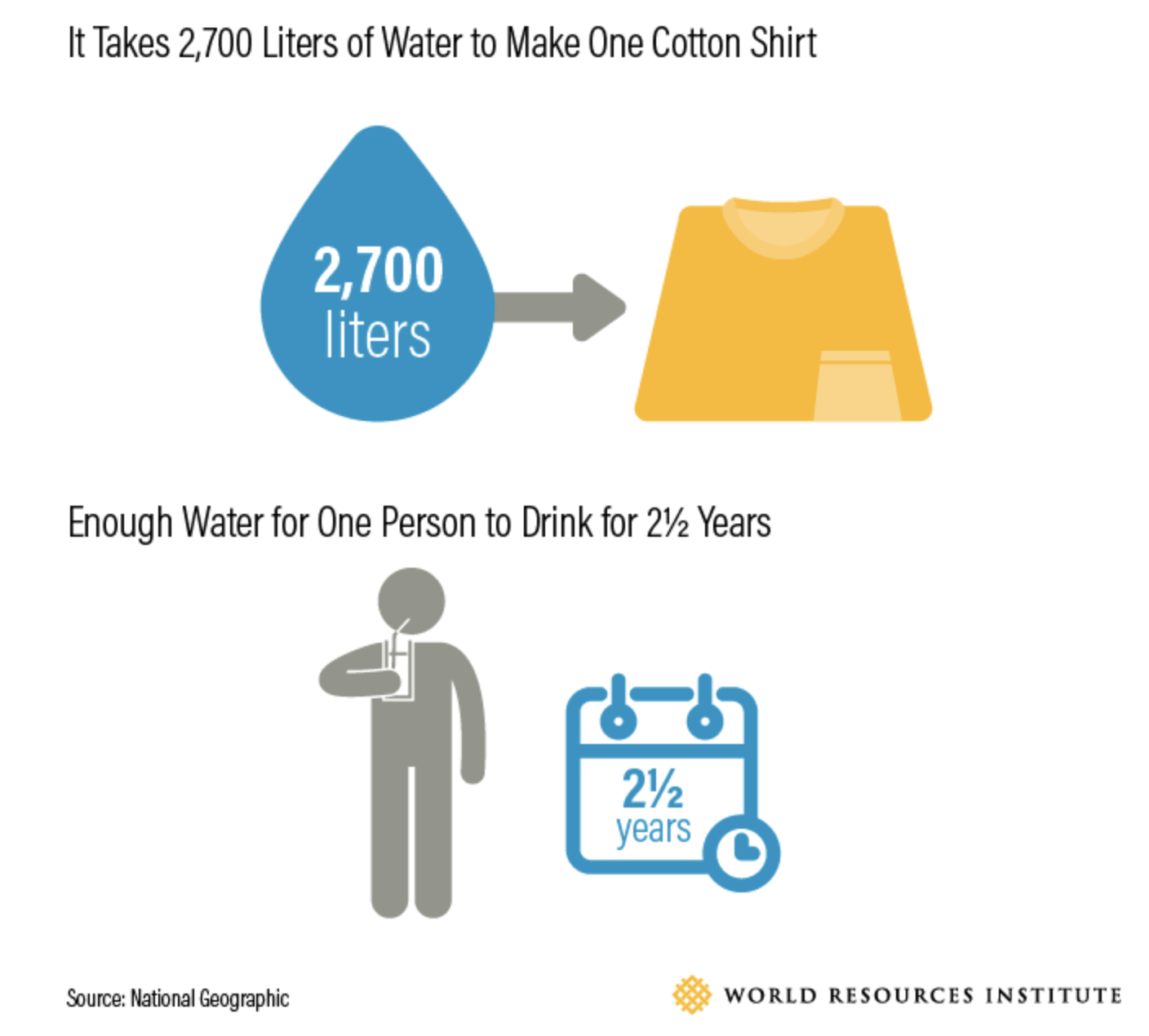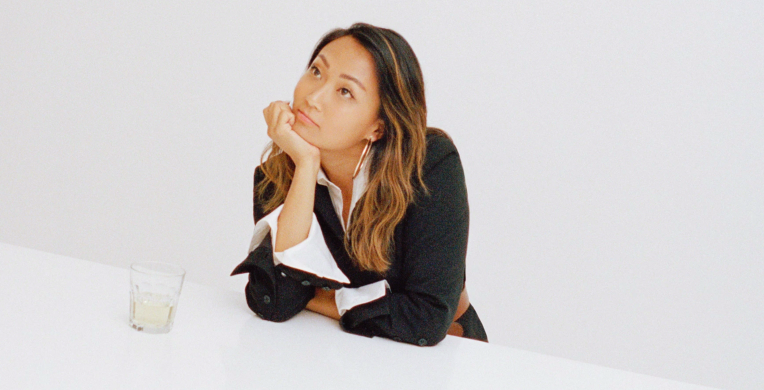Billionaire clothing dynasty heiress launches Everybody & Everyone to make fashion sustainable
Some clothing are likewise made with materials that have actually recycled silver in them– so that the clothing can be used numerous times without smelling or the need for a wash.
The company’s attention to its ecological impact also extends to its supply chain. “Most of our fabrics are knit near to where our garments are produced. That is definitely lowering our carbon footprint,” states Chou. “I put an emphasis on having factories in America … our denim is made in America and in the future we’re taking a look at athletics and t-shirts to be manufactured in America.”
As the fashion industry has expanded, so has the wealth of the Chou family. South Ocean Knitters, the knitwear manufacturer begun by Chou’s grandfather, was responsible for among the very first foreign financial investments into mainland China in 1974. It is now among the largest suppliers of knitwear in the world, and, together with the Hong Kong manufacturer Li & & Fung, lags the Cobalt Fashion Holding conglomerate.
And her father, Silas Chou, made millions as a financier in Michael Kors and Tommy Hilfiger. As an executive at Iconix Brand Group China, Veronica Chou played a function in the acceleration of the market– bringing American brand names to Chinese consumers. Chou likewise served as the co-founder of the Beijing-based private equity fund China Consumer Capital and as a director of Karl Lagerfeld Greater China.
“It was six years ago I started discovering sustainability and five years ago that I stated that I required to have a sustainable brand name,” says Chou.
Everyone & & Everyone has actually also partnered with the organization One Tree Planted to plant a tree for each purchase that’s made with the business. In addition, the business has calculated its carbon footprint from all of its pre-launch activities and has purchased and retired offsets to stabilize its emissions, Chou says.
Digital printing is utilized in place of screens to prevent lots of water waste, the company stated, and numerous of the business’s fabrics are not colored at all. rather, the business relies on an upcycling procedure by separating recycled fibers mechanically by color.
“For our brand name, recycled is a big story for us,” says Chou. “Our tee shirts, our socks, our product packaging, our mailers, our labels, our stickers are all made from recycled materials that can be recycled again.”
The new brand, which sells women’s clothes for each size from 00 to 24 and at prices ranging from $18 to $288 (most fall in the $50 to $150 variety, provided a fast scroll through the company’s new site) partners with business like Naadam and Ecoalf for sustainable cashmere and recycled materials made from plastic.
It was around the time that Chou had her children, she says, that she recognized the importance of making a brand name that was both inclusive and environmentally sustainable.
well. About 20 %of industrial water pollution globally can be traced to the dyeing and treatment of fabrics– and microplastics from polyester, acrylic and nylon are contaminating the world’s oceans. Meanwhile, the increase of fast fashion has motivated consumers to speed up waste. Roughly one garbage truck full of clothing is landfilled all over the world every second, according to a 2017 report from the Ellen MacArthur Foundation. That means customers are tossing away around $400 billion worth of valuable items every year as low prices and more “seasons” develop an impression of disposability.
of the fashion industry on the environment. The fabrics industry mainly uses non-renewable
resources– on the order of 98 million lots annually. That consists of the oil to make synthetic fibers, fertilizers to grow cotton and poisonous chemicals to color, treat and produce the fabrics utilized to make clothing. The greenhouse gas footprint from textiles production was approximately 1.2 billion loads of CO2 equivalent in 2015– more than all worldwide flights and maritime shipments integrated(and a lot of those international flights and maritime shipments were carrying clothing). The litany of catastrophes that can be attributed to the clothes industry extends to pollution, as
For Chou, an understanding of the ecological toll that the household company was taking on the world started six years back– a few years prior to Iconix Brand Group acquired the China subsidiary she had co-founded with her father in a transaction apparently worth $56 million.
“I began building Everybody & & Everyone from the ground-up, first by getting the finest group in location then by discovering the right vendors, partners and producers who were already making strides in the sustainability space,” Chou stated in a statement. “I wanted this brand to be for every female, so body sustainability, positivity and inclusivity were going to be the backbone of whatever we did. We then constructed the brand names sustainable & & technical pillars, which include activation, recycled, coloring & & printing, naturals done much better, bio-based fibers and end usage to ensure our items would decrease unfavorable impacts. We are sustainable to the labels sewn into each garment.”
Since that revelation, Chou dove into the world of sustainable production head-first. Through her family’s financial investment cars she has actually dealt with business like Modern Meadow, which uses bio-engineering to make leather items in a lab. Chou has also led financial investments in Thousand Fell, a soon-to-launch maker of totally recyclable shoes; Dirty Labs, which is establishing more sustainable laundry cleaning products; and Carbon Engineering, which is establishing a direct air capture technology for carbon dioxide.
Everybody & & Everyone uses the lessons that Chou has found out about sustainability to a brand-new fashion brand name that she hopes can serve as a model for how to weave sustainability into every element of the industry.

Image thanks to World Resources Institute
Veronica Chou’s household has made its fortune at the leading edge of the fast fashion industry through financial investments in business like Michael Kors and Tommy Hilfiger. Today, the heiress toan approximated $2.1 billion fortune is releasing her own company, Everybody & Everyone, to prove that the fashion business can be both ecologically sustainable and rewarding. There’s no argument about the unfavorable effects
Veronica Chou’s family has made household has actually at the forefront of the fast fashion business through investments in companies like Michael Kors and Tommy Hilfiger. And her dad, Silas Chou, made millions as a financier in Michael Kors and Tommy Hilfiger. As an executive at Iconix Brand Group China, Veronica Chou played a role in the acceleration of the market– bringing American brands to Chinese customers. Since that discovery, Chou dove into the world of sustainable manufacturing head-first.”For our brand name, recycled is a huge story for us,” says Chou.
